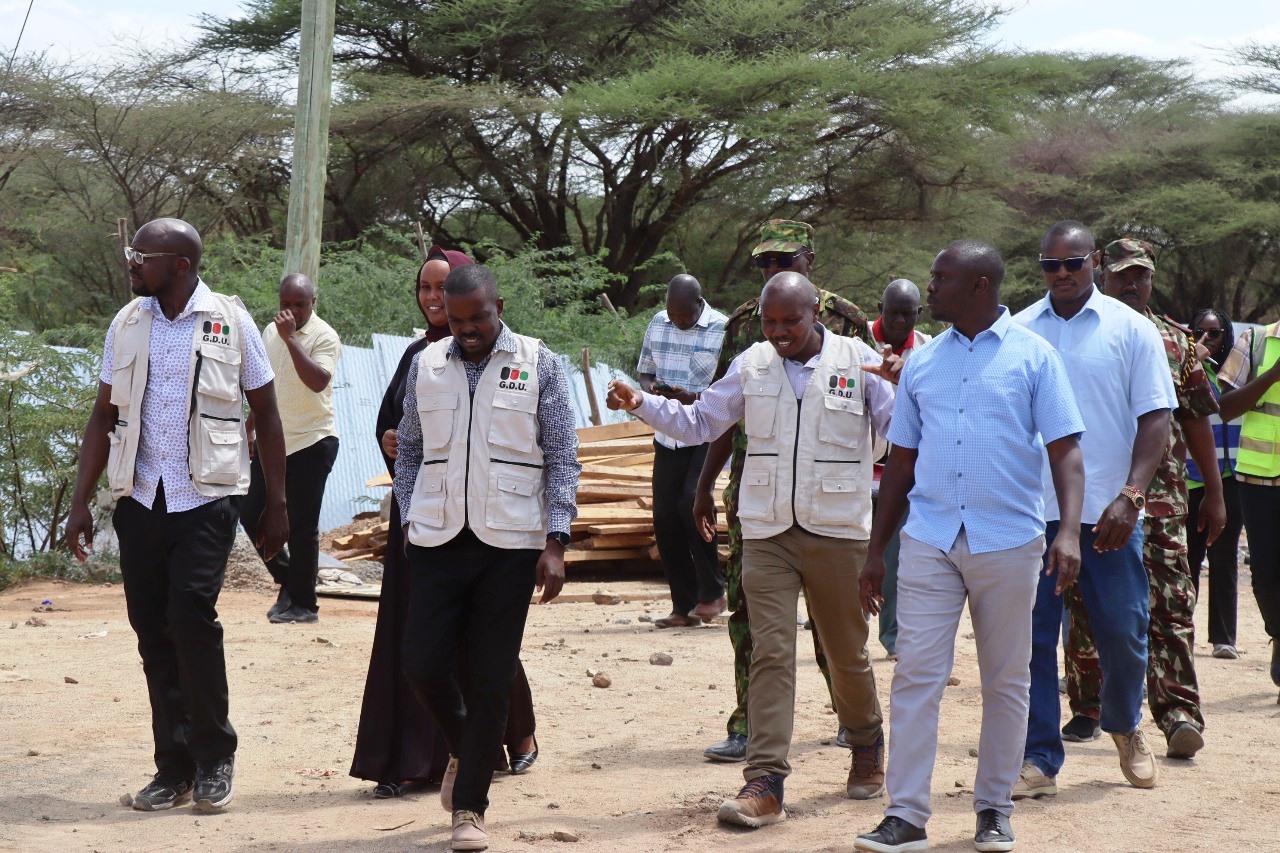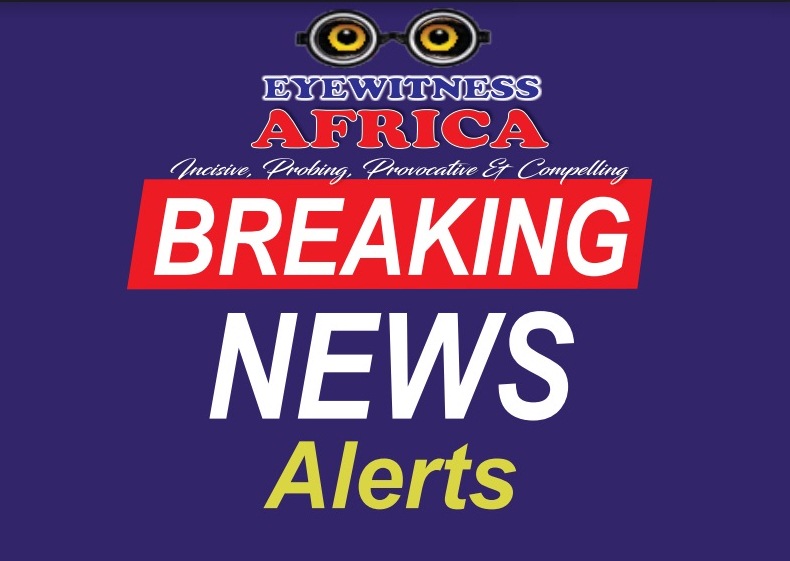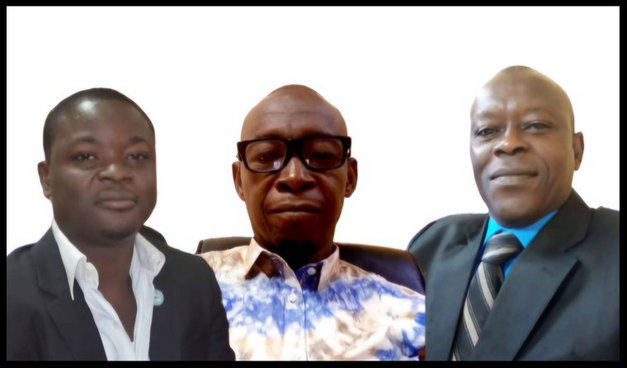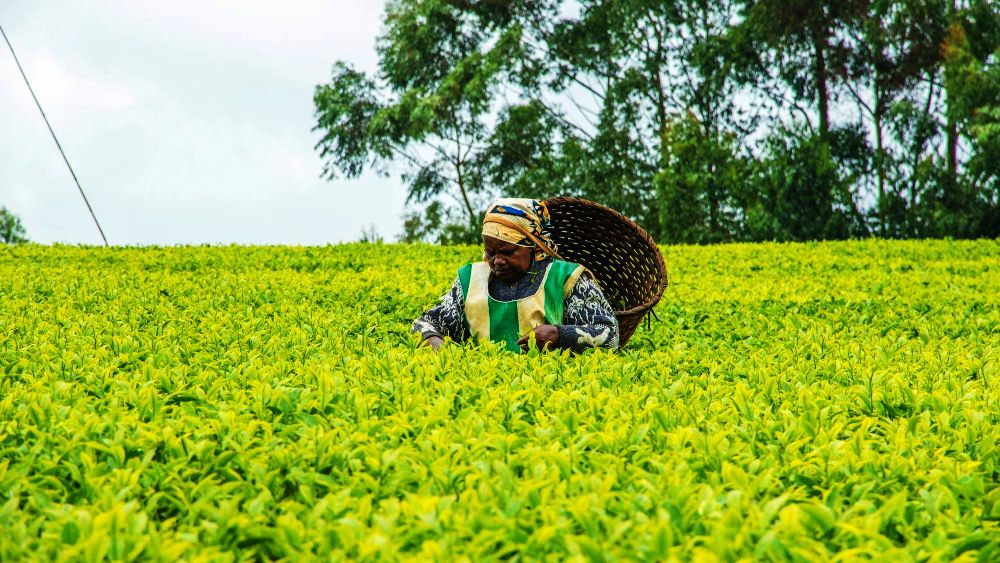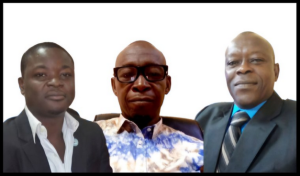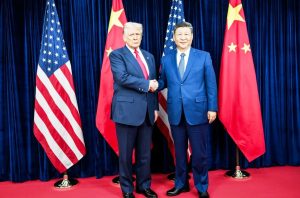President Emmerson Mnangagwa (Mnangagwa) was among other things sanctioned for his alleged involvement in corrupt activities, in particular those relating to gold and diamond smuggling networks.
By PATRICK MAYOYO
The US Department of the Treasury’s Office of Foreign Assets Control (OFAC) has sanctioned Zimbabwe’s President Emmerson Mnangagwa, 11 individuals and three entities for their involvement in corruption or serious human rights abuse.
Concurrently, President Biden signed an Executive Order (E.O.) terminating the national emergency with respect to Zimbabwe and revoking the E.O.s that have authorized Zimbabwe-specific sanctions.
However, the economic sanctions administered by OFAC pursuant to the Zimbabwe sanctions program have been lifted and are no longer in effect.
This transition to sanctions under the Global Magnitsky Program, consistent with recommendations in Treasury’s 2021 Sanctions Review, emphasizes the U.S. commitment to promoting accountability for corrupt and abusive networks restricting the political rights and economic resources of the people of Zimbabwe.
“The United States remains deeply concerned about democratic backsliding, human rights abuses, and government corruption in Zimbabwe,” said Deputy Secretary of the Treasury Wally Adeyemo.
Adeyemo said the changes made by the US government are intended to make clear what has always been true: that US sanctions are not intended to target the people of Zimbabwe.
“Today we are refocusing our sanctions on clear and specific targets: President Mnangagwa’s criminal network of government officials and businesspeople who are most responsible for corruption or human rights abuse against the people of Zimbabwe,” Adeyemo added.
The US Deputy Secretary of the Treasury said the changes to their approach provide an opportunity for the Government of Zimbabwe to undertake key reforms to improve its record on human rights, good governance, and anti-corruption.
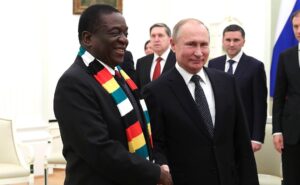
Russian President Vladimir Putin and Zimbabwean President Emmerson Mnangagwa. PHOTO/WIKIMEDIA COMMONS.
“Consistent with the findings of Treasury’s 2021 sanctions review, we are committed to the use of economic sanctions towards a clear and specific objective, in coordination with diplomacy and other tools of statecraft,” Adeyemo noted.
What the termination of Zimbabwe sanctions mean
- The President’s Executive Order (E.O.) of March 4, 2024, “Termination of Emergency With Respect to the Situation in Zimbabwe,” terminated the national emergency declared in E.O. 13288 and built upon in E.O. 13391 and E.O. 13469. As a result.
-
All persons blocked solely pursuant to E.O. 13288, E.O. 13391, or E.O. 13469 (the authorities of the Zimbabwe Sanctions Program) will be removed today from OFAC’s Specially Designated Nationals and Blocked Persons (SDN) List;
- All property and interests in property blocked solely pursuant to the Zimbabwe Sanctions Program will be unblocked today; and
- OFAC will remove the Zimbabwe Sanctions Regulations from the Code of Federal Regulations.
- Pending or future OFAC investigations or enforcement actions related to apparent violations of the Zimbabwe Sanctions Regulations that occurred while the national emergency was in effect may still be carried out.
Sanctions transitions under the global Magnitsky program
President Emmerson Mnangagwa (Mnangagwa) was sanctioned for his alleged involvement in corrupt activities, in particular those relating to gold and diamond smuggling networks.
He was also accused of providing a protective shield to smugglers to operate in Zimbabwe and had directed Zimbabwean officials to facilitate the sale of gold and diamonds in illicit markets, taking bribes in exchange for his services.
President Mnangagwa was also accused of allowing Zimbabwe’s security services to violently repress political opponents and civil society groups.
Read the full US Treasury Zimbabwe sanctions press release here.
For more information on individuals and entities designated read here
